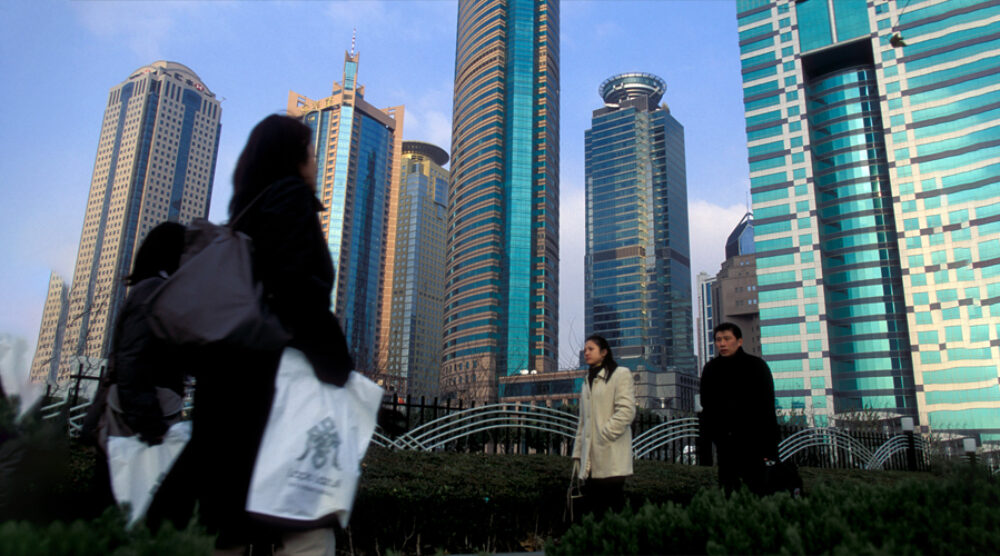ROWAN CALLICK |
China’s relentless leader Xi Jinping hates the idea of braking, let alone using reverse gear. So in the face of fierce economic headwinds, he is stepping on the gas.
The Communist Party he heads and personifies is in an exultant mood as it enters its second century.
Xi no longer feels any strong compulsion to explain himself to an outside world which he believes to be adapting itself rapidly to his party’s strength and vision.
AUKUS, the Quad, nothing that’s happening outside China is now causing Xi to wake up nights in the well-secured leaders’ compound of Zhongnanhai.
Xi said recently: “In today’s world, if you want to say which political party, which country, and which nation can be confident, then the Communist Party of China, the People’s Republic of China, and the Chinese nation have the most reason to be confident!”
What matters most now is that China follows Xi’s clear directions for a glorious socialist future, especially as he is enlisting the party’s full powers to pursue his boldest crusade yet – grappling the “animal spirits” of successful Chinese capitalism into submission to his form of socialism where “public ownership is the mainstay”.
Danger is lurking here, however. Restructuring the economy risks slashing the value of the real-estate investments on which the middle class has based its families’ futures, and risks the jobs of Chinese battlers. Xi has an answer for that, as for everything – or believes he does. His new wave of propaganda is telling his countrymen that while the economy may be slowing overall, his “common prosperity” campaign – reviving a Mao Zedong 1950s slogan – will in time deliver ordinary folk with more rewards.
The messaging indicates this will be achieved by redistributing wealth from the filthy rich who were lionised in Deng Xiaoping’s greedy “Old Era” of “to get rich is glorious”, even though the core source of unequal access to everything in China is the privileging of the unaccountable party and its elite circles. China’s wealth gap is about the same as the USA’s. Xi says he wants to build “olive-shaped” prosperity, with the middle class expanding into the majority. He says: “We have a complete solution to the problem of poverty, but we still have to explore … how to get rich.” And he wants to “deal properly with the relationship between efficiency and fairness” while avoiding “the trap of welfarism”.
Please click here to read the full “China’s risky path to riches” article published at The Australian, written by Griffith Asia Institute Industry Fellow, Rowan Callick.








